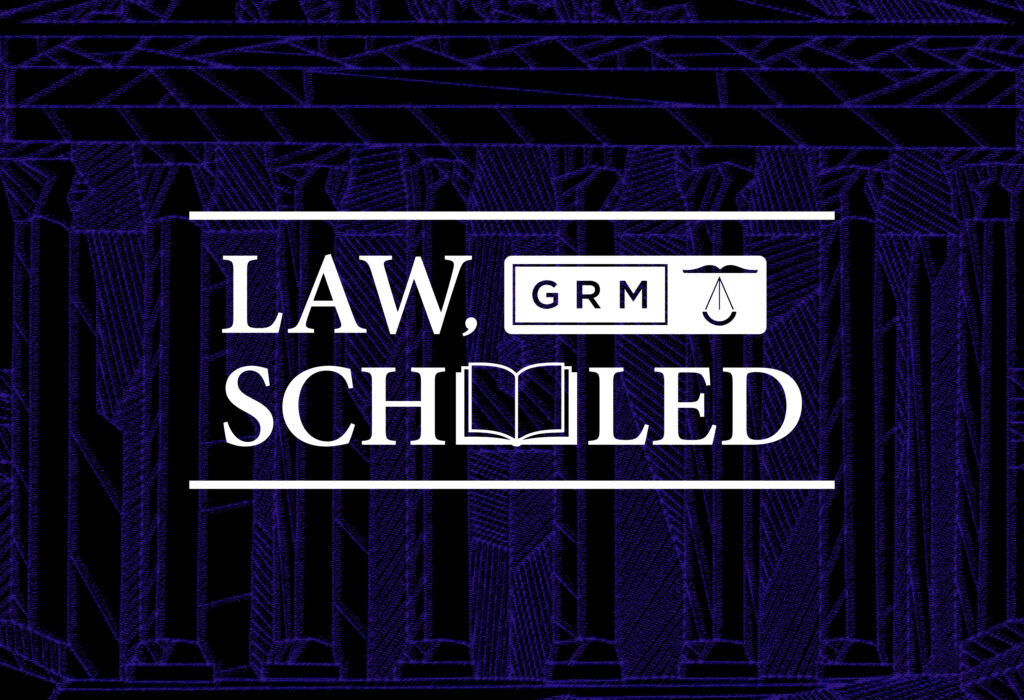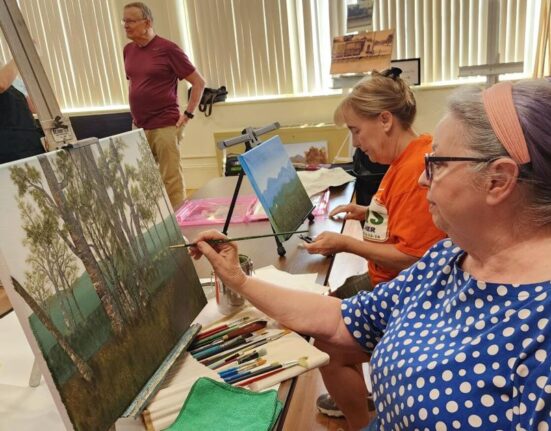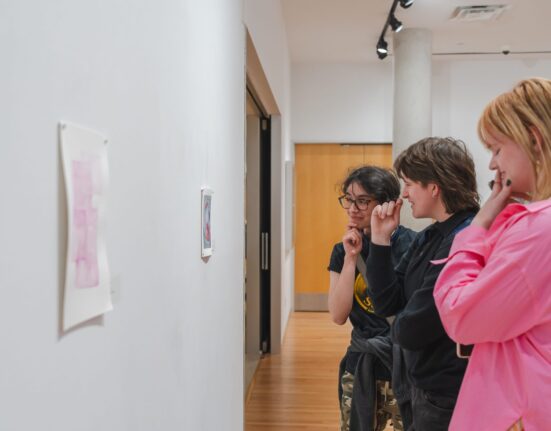Written by: Imani Esmaail
By having a basic understanding of the legal side of the music industry, artists and budding industry professionals can put themselves in a position where they are more in control of their future and less at risk of legal disputes.
This instalment of Law, Schooled in collaboration with Urban Lawyers is written by Imani Esmaail, a trainee solicitor at Brandsmiths who has caught up with individuals working in different areas of the music industry including Murkage Dave (Singer and Songwriter), and Ali Karim (Writer, Producer, Mix Engineer) to collate top tips on how to navigate the legal side of the industry.
This instalment is a must read for anyone starting out a career in music and wanting to steer clear of legal pitfalls.
1. THE RESPONSIBILITY LIES WITH YOU WHEN YOU SIGN A CONTRACT
Contracts are a big one, you will inevitably come across a number of contracts in your career. Navigating contracts and commercial related agreements can be challenging if you are not accustomed to reading them.
Murkage Dave is a singer and songwriter from East London whose time as an artist has seen him build a community of devoted followers and has led to him working with a wide range of artists from Mike Skinner to Skepta to Caroline Polacheck. He shares some valuable experience on understanding contracts:
“It’s ok to not understand what is in a contract, they are generally written in legalese (a language that is designed to be understood by lawyers), I personally feel that contracts could be written in ordinary language now but they’re often not.
Ultimately the responsibility lies with you to understand the contract but there’s nothing wrong with not understanding parts of the contract, that’s what a lawyer is for. A lawyer is there to work on your behalf, you can actually ask the lawyer questions and understand what’s in the contract so as you go further into the music business you understand more and have a grasp of the wording moving forward.”
Lawyers can assist you in reviewing the terms and highlighting risks and clauses that may be unfavourable to you so that you can go back and renegotiate the terms. Lawyers can also explain your obligations under the contract so that you know exactly what to expect from the other party and what you need to do in order to avoid being in breach of contract.
As a bare minimum, if you are not able to instruct a lawyer to review a contract for you. It is important to read the contract in full, taking into particular account key clauses such as copyright ownership, contract length, payments and termination clauses.
Contracts should be worded in clear concise language. If a clause doesn’t make sense, there is nothing wrong in asking for clarification from the other side and depending on the response given it may be desirable to request that the clause be re-drafted.
2. YOU WILL HAVE TO PAY TAX
One of the topics that came up in the discussions when preparing this article was tax and the challenges some artists face:
- Be aware of the various tax implications that come into play as an artist.
- Early on in their careers a lot of artists have little knowledge on paying tax and the importance of having to save money to pay the tax man later on down the line.
- When artists are new to the game, they may not be aware that they may need to be signed up to pay taxes and that setting up a limited company may be beneficial to them depending on how they wish to structure their career.
Tax can be tricky, especially if you have no experience in that realm.
If you do not have a company set up, then it is likely that you fall into the bracket of a self-employed individual. Tax is treated differently depending on your employment status. An accountant is best placed to advise individuals in relation to this.
When it comes to legal practicalities, lawyers can help you to set up a company by preparing and filing the relevant company documents and also making you aware of the various obligations required under corporate law.
3. COMMUNICATION AND CONTRACTS
Murkage Dave goes further on the point of contracts to discuss the importance of written agreements and how artists can inadvertently end up in contracts:
“If you’re doing any kind of business with someone there should be a basic agreement in place, if you’re not too sure of the terms of the business you’re doing, ask for it in writing.
Also understand that anything that is in writing could form a contract e.g. replying ‘ok’ to an email. Emails are casual, someone could send something that you thought was just a piece of information. You might not realise that you’re actually agreeing to something”
A written agreement is always preferred, even if it is in the form of an email because then there is a physical document that can be referred to so that everybody involved understands the expectations.
Contracts do not have to be in the form of a legal document, they can be agreed verbally or, as Murkage Dave says, by email. For this reason, artists may end up tied into a contract without realising it, for this reason, it is important to take care when communicating with others to avoid this.
4. THERE ARE MANY WAYS TO STRUCTURE A CONTRACT
The general consensus with those spoken to was that artists often learn as they go along, which may result in artists getting caught in bad contracts as a result of them not knowing the options available to them at the time of signing.
When label reps/A&Rs say they have a contract proposal, artists may feel pressure to sign it without knowing the options available. There are a number of options available including joint ventures or even just distribution deals.
Once a contract is signed, it is very difficult to renegotiate until the contract ends which means that you may be stuck with those terms for a considerable amount of time so do not be afraid to negotiate terms whilst the contract is still in draft form.
5. UNDERSTAND COPYRIGHT OWNERSHIP
Ali Karim is a writer, producer and mix engineer with 4 UK top ten, 8x Silver, 3x Gold, 1x Platinum records and 18+ years’ experience across genres including rap, grime, alt pop and folk music. His advice:
“Everybody starting out should learn to understand the difference between publishing and a sound recording, which are the two most important aspects of what a song is in terms of how it’s going to make money in the future”
What is the difference between publishing and sound recordings?
In music, there are two types of copyright that come into play:
- sound recordings; and
- the composition/lyrics.
Sound recordings (also known as masters) are fairly self-explanatory, it is the recording of the song. What Ali Karim refers to as publishing is the composition/lyrics. In music, the two types of copyright often have different copyright owners. Industry standard is that record labels own the sound recording and publishing companies own the composition/lyrics. More artists than ever are taking the independent route which may mean that an artist owns all the copyright in a song.
If multiple people have been involved in creating a song, then there may be multiple artists with splits in the song, which essentially means that the copyright is split between the parties. Where splits haven’t been agreed in advance, there could be disputes in relation to what percentage of copyright is owned by who.
Knowledge on copyright is essential to avoid confusion because it ties directly into royalty payments. This Law, Schooled article on licensing deals goes into more detail about copyright in music.
6. INSTRUCT A PROFESSIONAL IF YOU CAN
The points above highlight the importance of instructing professionals. Ali Karim, takes this further:
“I was lucky enough to have a very good lawyer when I started out and I think that everybody should know that very simply, you should always get a good lawyer or a lawyer”
Artists will do well to instruct professionals because it is their job to know what to look for and then advise you accordingly in line with your personal needs. Professionals in their respective fields can be a real asset and add value by assisting you on how to best structure your career and avoid stress inducing legal disputes.
Often, at the start of your career, you do not have a team of professionals around you to support you with everything you need.
Ultimately, knowledge is power and the more clued up you are about the various parts of the music industry, the better when it comes to making decisions about your career and navigating the wider landscape. Whilst it is difficult to have a grasp on everything when your main focus is being a creative, in 2024 it is potentially easier than ever to have an understanding of the basics required when furthering your career with access to resources and workshops ranging from books to social media accounts to draw from. The previous editions of the Law, Schooled series can be a great starting point.







